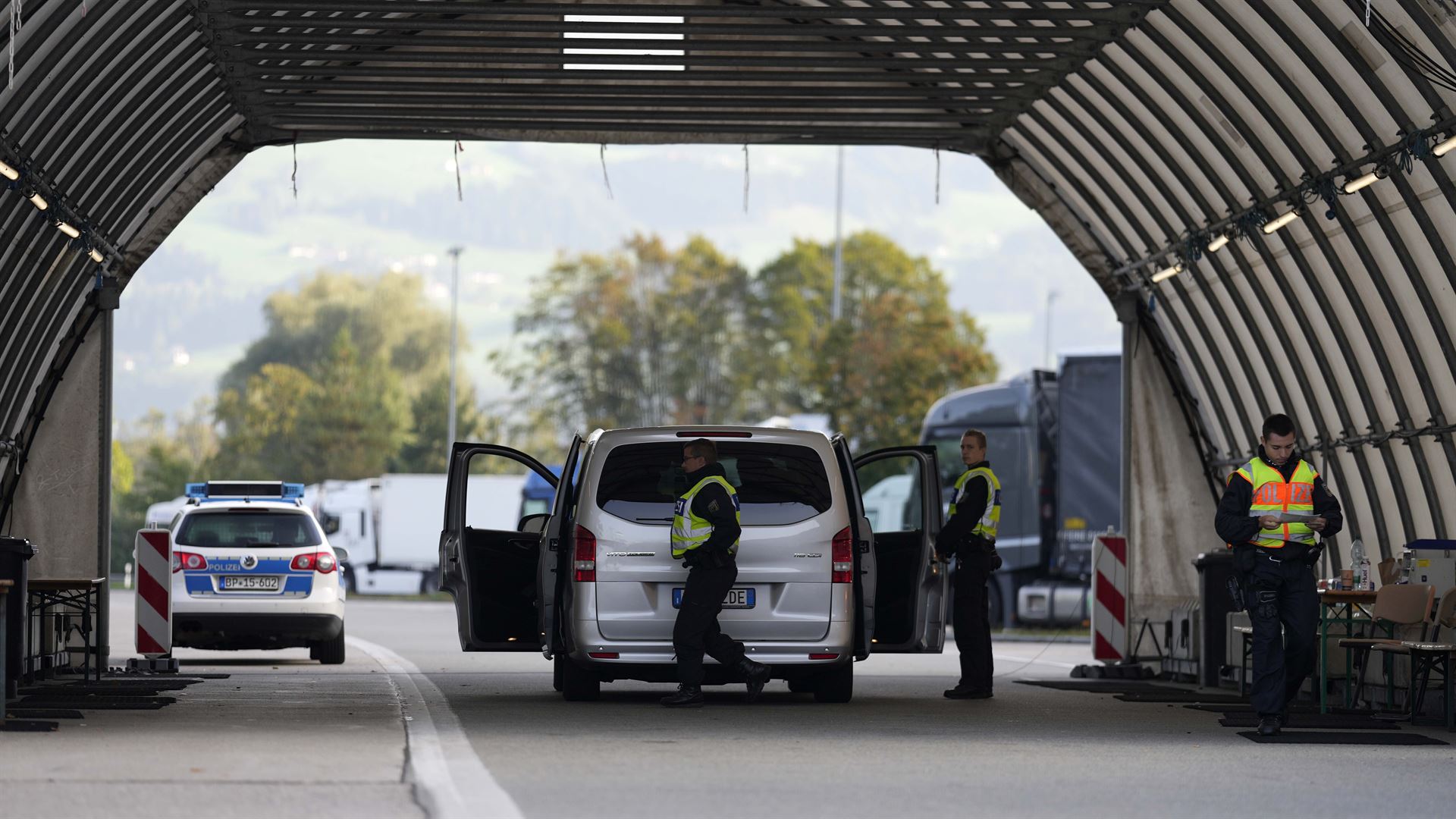
BRUSSELS - Germany's recent decision to reinstate passport checks at all land borders to combat irregular migration, terrorism threats, and cross-border organized crime has sparked reactions from neighboring countries and the broader European Union.
The move, following a series of violent crimes, including a deadly stabbing in Solingen last month, has raised concerns about its impact on the Schengen Area's principle of free movement.
The reinstatement of border checks, which applies to all of Germany's nine neighboring countries, has drawn particular concern from its Schengen partners, many of whom fear disruptions to trade, travel, and European unity.
Transport and Logistics Netherlands (TLN), a Dutch transport industry organization, has expressed alarm over the potential impact on trade, citing past experiences of long border delays during similar measures, such as during the pandemic and major events like the European Football Championship.
ALSO READ: Polish PM seeks talks with neighboring nations over German border checks
"Germany is undermining the Schengen Agreement and the free movement of goods," TLN said, warning that delays could lead to severe consequences for supply chains.
Dutch Asylum and Migration Minister Marjolein Faber said while she understood Germany's decision but emphasized the need for clear enforcement measures to ensure smooth trade and traffic flow.
Poland has reacted strongly, with Prime Minister Donald Tusk calling Germany's move "a de facto suspension of the Schengen Area" and labeling it "unacceptable" for Poland.
READ MORE: Berlin makes proposals to reduce number of asylum seekers
"I have no doubt that the tightening of these measures is driven by internal political factors in Germany, not our policies regarding illegal migration at our borders," he said.
"In the coming hours, we will reach out to other countries impacted by these decisions from Berlin for urgent consultations on actions to be taken within the European Union, particularly with all of Germany's neighboring states," Tusk added.
In addition to Germany, which recently took this measure, other EU member states have also strengthened border controls in recent years, basically on the grounds of cracking down on illegal immigration, causing friction with neighboring countries.
Austria, for example, has maintained border controls with Slovakia and extended checks along its border with Slovenia, citing efforts to combat illegal migration.
Slovakia, which shares a significant cross-border commuting population with Austria, has voiced concerns about the disruptions these measures cause.
READ MORE: Germany tightens controls at all borders in immigration crackdown
Slovenia, too, has protested repeatedly to EU authorities regarding Austria's ongoing border controls, which have been extended multiple times since 2015.
Italy has also reintroduced controls at its border with Slovenia, while Latvia recently extended a reinforced border protection regime with Belarus until the end of the year, citing a surge in attempts to illegally cross the border.
Meanwhile, the European Commission is engaging in discussions with Germany over its border control decision.
A spokesperson for the commission, Anitta Hipper, confirmed that Germany had informed the commission of the decision and noted that under Schengen rules, "member states have the authority to reintroduce internal border controls if necessary and proportionate to address significant threats to public policy or internal security."
"The EU Commission is coordinating with Schengen authorities, who are in close contact with German authorities as well as other member states currently enforcing internal border controls," Hipper added.


